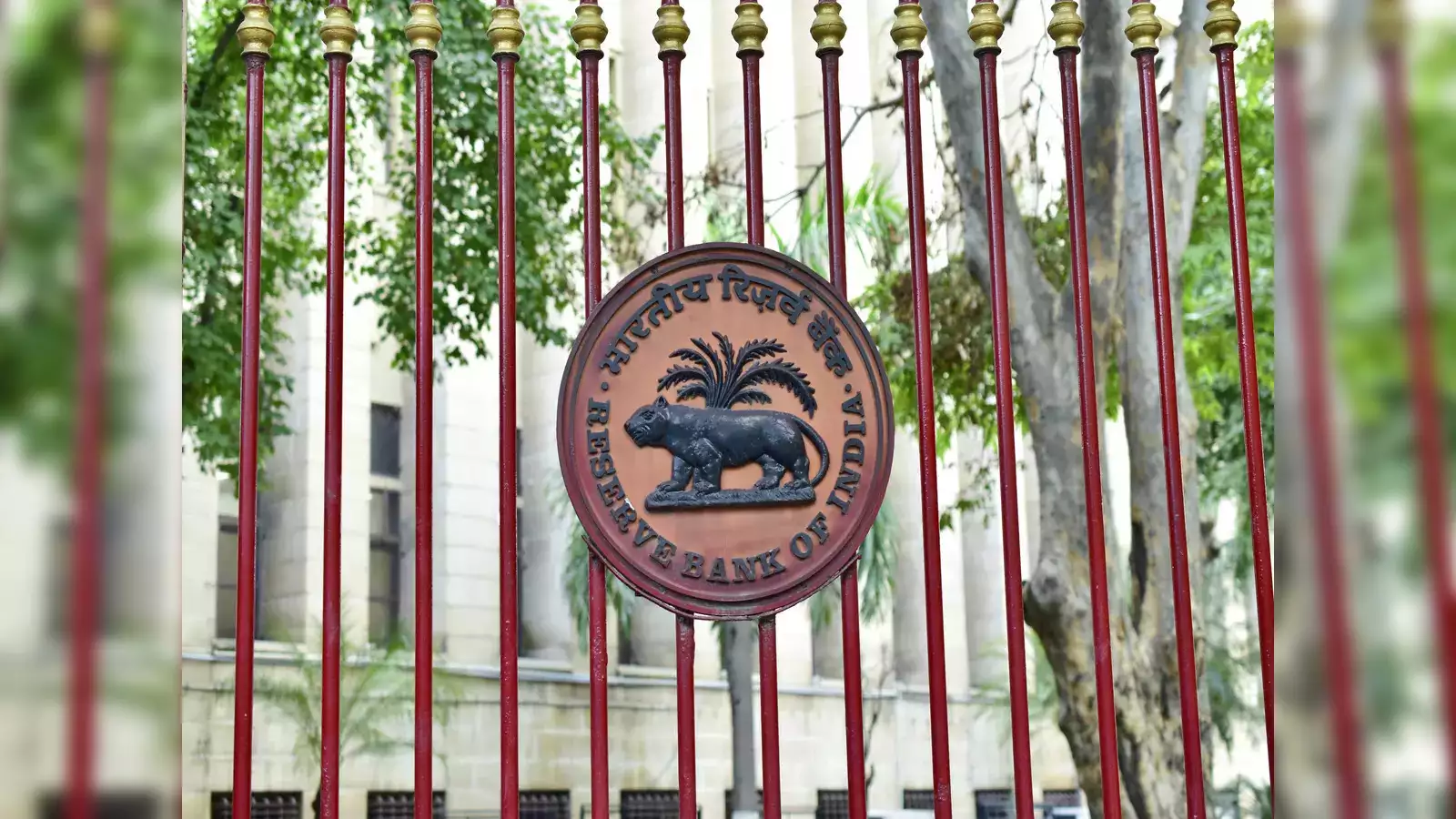In a move that could change the way kids and teens learn about money, the Reserve Bank of India (RBI) has announced that children as young as 10 can now open and manage their own bank accounts — all by themselves.
This update to banking rules, issued on April 21, is part of a push to help more young people get familiar with how money and banking work, a step that could boost long-term financial literacy in India.
What’s Changed? Kids Can Now Run Their Own Bank Accounts
Until now, minors could only open bank accounts through their parents or legal guardians. Even then, it was the adult who had full control over the account — from deposits to withdrawals. Children were just account holders in name.
But that’s about to change.
Under the new RBI guidelines, minors who are at least 10 years old can open and run both savings and term deposit accounts on their own. This means they can deposit money, withdraw it, and even manage banking services like internet banking or use a debit card — as long as the bank agrees it’s appropriate and within their own safety policies.
The rules will officially come into effect from July 1, 2025. All banks are expected to start following them by then.
“The idea is to include more young people in banking”
According to the RBI, this change is all about “financial inclusion” — a term that means making sure more people, especially the younger generation, are brought into the formal banking system early on.
Allowing minors to manage their accounts independently encourages them to learn about saving, spending, and handling money responsibly.
However, the RBI has also made it clear that safety comes first. The banks must ensure that they monitor these accounts properly and follow strict internal guidelines to avoid any misuse. Each bank can set its own limits based on how they assess risk.
What About Guardians? They’re Still in the Picture if Needed
Even though children 10 and older can now open accounts by themselves, the RBI is not taking away the option to open accounts with a guardian.
Minors — especially younger ones or those not yet comfortable managing accounts on their own — can still have their accounts opened and run by a legal or natural guardian, such as a parent or relative. That includes mothers, who can continue opening accounts for their children just like before.
When a minor turns 18 and becomes a legal adult, the bank will need to update the records — like who operates the account and what the official signatures are — to reflect the change.
What Services Will Be Available to These Minor Accounts?
The RBI has left it up to each bank to decide which services they want to offer to minors who open their own accounts.
That includes:
-
Internet banking
-
Debit cards
-
Cheque books
Banks can choose what’s appropriate for each minor, depending on how responsible they think the child is and their internal rules for risk.
There’s one big rule that applies no matter who runs the account: it must always stay in positive balance. That means no overdrafts or negative balances — the account should never drop below zero.
How Things Worked Before This Rule Change
Before this update, kids weren’t allowed to open bank accounts on their own. They needed a parent or guardian to open the account for them, and that adult controlled everything — from how much money went in or out to whether or not the child even had access to it.
Minors also didn’t usually get access to modern banking tools like debit cards or internet banking. That was something only adults had.
Now, with this new rule, the RBI is saying it’s time to trust young people a bit more — and give them a chance to learn by doing.
ALSO READ: PM Modi Hosts US Vice President JD Vance And Family: A Diplomatic Welcome























